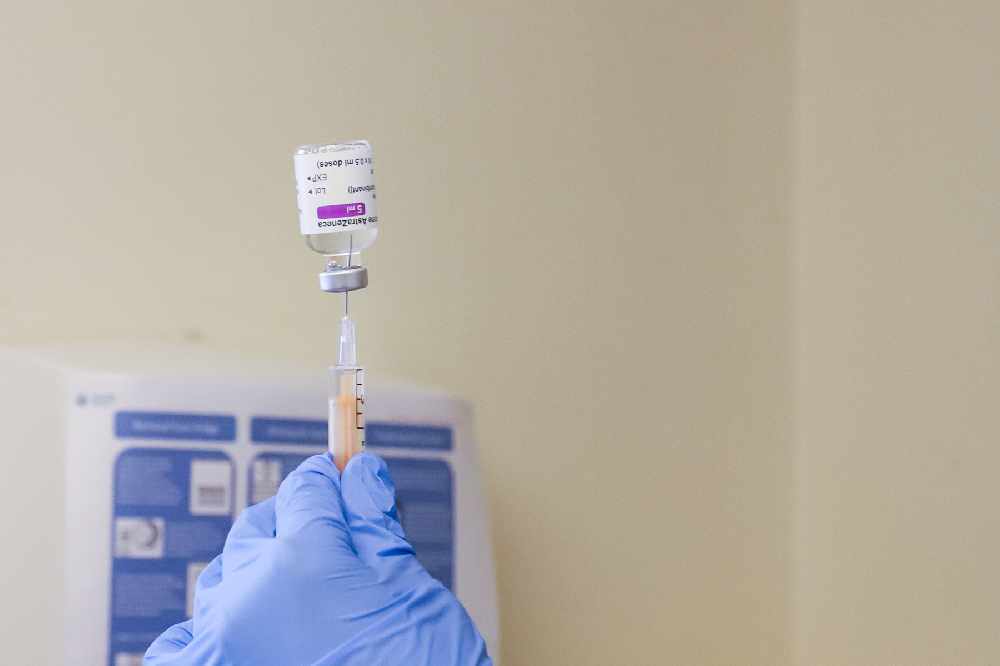
A judge has ruled a man with a severe learning disability should receive the Covid-19 vaccine despite his family's objections.
The hearing in the Court of Protection in Manchester, was held to determine whether a clinically vulnerable 31-year-old man should be vaccinated to protect him against coronavirus.
The man, who was not named, has a lifelong severe learning disability, autism and epilepsy.
Judge Jonathan Butler said there was ‘no dispute’ that he lacked the mental capacity to decide whether to have the vaccination himself.
“His ability to communicate is compromised, and he is not able to understand the consequences of not having a vaccination, or having a vaccination,” he stated.
However his father, supported by his mother and brother, objected to him being given the vaccine over concerns about how it would interact with his medications and health conditions.
The family also did not think there had been enough testing about the long term effect of the Covid-19 vaccine on people with learning disabilities.
But the NHS Tameside and Glossop clinical commissioning group (CCG), argued the man’s health and care team, including doctors, a clinical psychologist, social worker, community learning disability nurse and the manager of his care home said it was in his best interests to get the jab.
His GP said that his current residence in a care home means he was living in a high risk environment.
And if he contracted Covid-19, the doctor believed that the risk would be ‘significant and serious, with a risk of severe ill health and possibly death’, according to the judgement.
Judge Butler said: “So, notwithstanding that [the man] has the advantage of youth on his side, in my judgement [he] still faces a real and significant risk to his safety if the vaccination is not administered.”
The judgement also stated that his father’s concerns were in part linked to mistrust in the measles, mumps and rubella (MMR) vaccine and his belief it had caused his son’s autism, based on now theories which have now been discredited.
The judge said that the views of the family were ‘genuinely held’ and the father spoke at court with ‘conviction and great clarity’.
“I have no doubt whatsoever that his objections are founded on a love for [his son] and a wish to ensure that he comes to no harm as a result of another vaccination and until there is greater clarity in terms of medical science,” Judge Butler stated.
“His objections were not intrinsically illogical. They were certainly not deliberately obstructive.
“They were made upon the basis as to what he regards as being in the best interests of [his son].
“That concern for his son does him credit, in my view.”
However he said the family’s reasons for opposing the vaccine being administered had ‘no clinical evidence base’.
Judge Butler stated the objections stemmed from what the father believed were the consequences of the MMR injection and the autism of his son, based on the discredited theories of Dr Andrew Wakefield.
But he said this connection was found to have no basis in science.
In his ruling, Judge Butler said that the man was vulnerable and there was ‘overwhelming objective evidence of the magnetic advantage of a vaccination’.
He granted relief to the clinical commissioning group to administer the vaccine, but did not authorise physical intervention in order so to do.
The CCG had previously confirmed it would not administer the vaccination if any form of physical intervention is required.
Read more from the Tameside Reporter
Click here for more of the latest news
Click here to read the latest edition of the paper online
Click here to find out where you can pick up a copy of the paper


 Hospice fumes at "scandalous" charity shop break in
Hospice fumes at "scandalous" charity shop break in
 Egg-ceptional work! Ava-Grace's ambulance wins over NWAS
Egg-ceptional work! Ava-Grace's ambulance wins over NWAS
 Police Federation head dubious of PM's 'new bobbies' promise
Police Federation head dubious of PM's 'new bobbies' promise
 TransPennine Express steps in to keep passengers moving this Easter weekend
TransPennine Express steps in to keep passengers moving this Easter weekend



